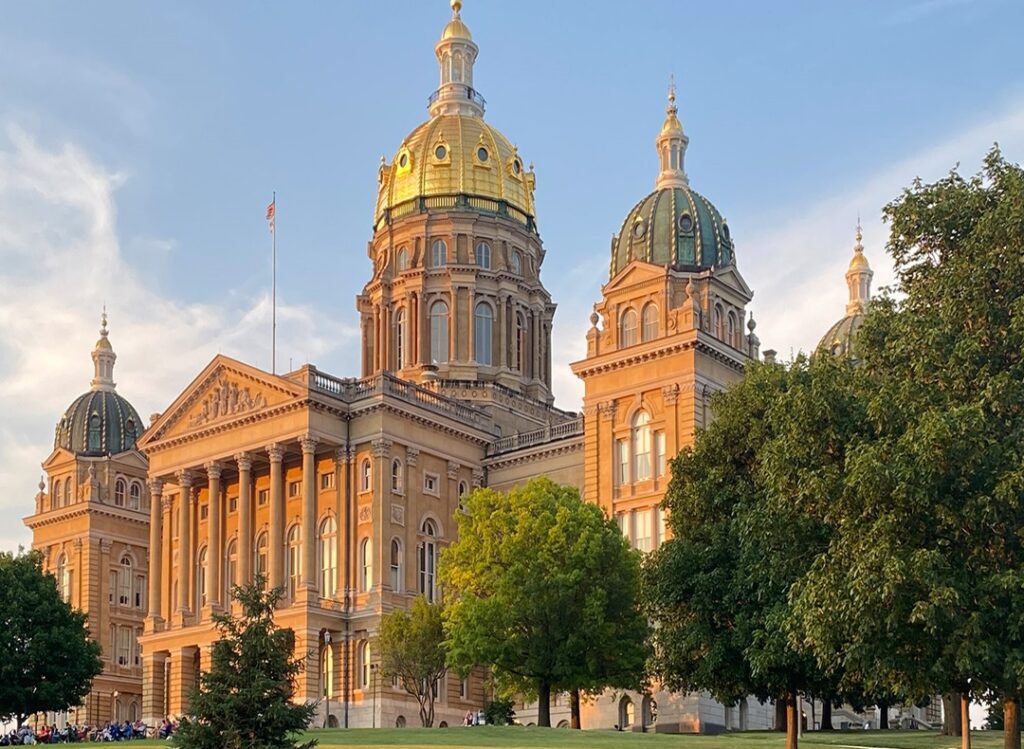Economic impact of the Iowa caucuses

Economic impact of the Iowa caucuses
By Chelsea Keenan
From last summer through Jan. 3, hopeful Republican presidential candidates crisscrossed the state followed by entourages of aides, supporters and reporters. But the 2012 Iowa caucuses have come and gone, and the candidates now have their sights set on South Carolina and Florida. So the question that remains is, just how much is Iowa’s first-in-the-nation status worth?
Greg Edwards, president and CEO of the Greater Des Moines Convention and Visitors Bureau, said the caucuses brought in $17 million to Greater Des Moines, a number the bureau estimated by calculating hotel room stays, candidate and staff visits, political tourist estimates and incremental income from March 2011 through Jan. 4, 2012.
In the run-up to the 2008 caucuses, when there was an open seat and both parties had competitive races, Edwards said Greater Des Moines saw about $25 million.
However, David Swenson, an associate scientist with the Iowa State University economics department, has a less optimistic opinion on the matter. He said that, given the exposure and media attention, the caucuses appear to bring in more money than they actually do.
He conducted a study four years ago looking at the campaign expenditures during the last two quarters leading up to the Iowa caucuses and found that, out of the $352 million candidates spent on the election, only about 5 percent of that, or $15.6 million, was spent in Iowa.
Click here, for the full story and a graphic breakdown of the Iowa caucuses.
From last summer through Jan. 3, hopeful Republican presidential candidates crisscrossed the state followed by entourages of aides, supporters and reporters. But the 2012 Iowa caucuses have come and gone, and the candidates now have their sights set on South Carolina and Florida. So the question that remains is, just how much is Iowa’s first-in-the-nation status worth?
Greg Edwards, president and CEO of the Greater Des Moines Convention and Visitors Bureau, said the caucuses brought in $17 million to Greater Des Moines, a number the bureau estimated by calculating hotel room stays, candidate and staff visits, political tourist estimates and incremental income from March 2011 through Jan. 4, 2012.
In the run-up to the 2008 caucuses, when there was an open seat and both parties had competitive races, Edwards said Greater Des Moines saw about $25 million.
However, David Swenson, an associate scientist with the Iowa State University economics department, has a less optimistic opinion on the matter. He said that, given the exposure and media attention, the caucuses appear to bring in more money than they actually do.
He conducted a study four years ago looking at the campaign expenditures during the last two quarters leading up to the Iowa caucuses and found that, out of the $352 million candidates spent on the election, only about 5 percent of that, or $15.6 million, was spent in Iowa.
Click here, for the full story and a graphic breakdown of the Iowa caucuses.









